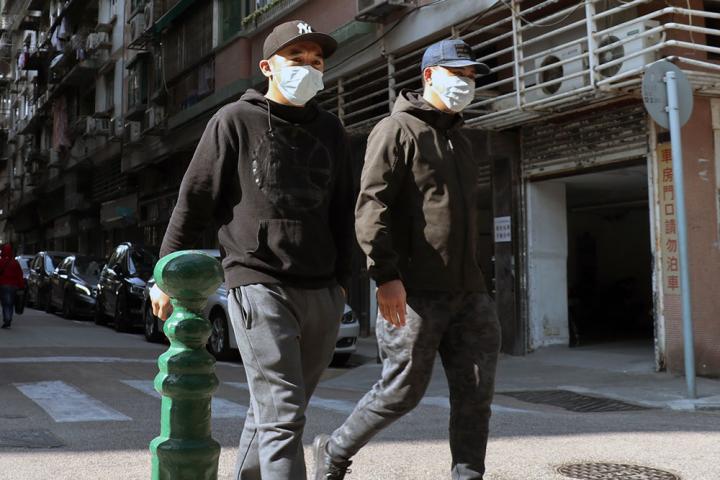Experts warn of second Covid-19 peak in winter
A combination of environmental factors plus pressure on healthcare provision could lead to a further spike in cases.

A second wave of coronavirus infections, more serious than the first, could impact the UK this winter, according to research involving Roslin scientists.
A further peak of the outbreak, combined with existing disruption to the health service, a patient backlog, and the possibility of a flu epidemic, poses a serious risk to health in the UK, according a new report from the Academy of Medical Sciences.
Such a spike could lead to a further 119,000 hospital deaths between September 2020 and June 2021, their report says.
Seasonal pressures
These new pressures are in addition to the challenge winter usually presents to the NHS, when other infectious diseases are more common and conditions such as asthma, heart attack, chronic obstructive pulmonary disease and stroke tend to worsen.
Intense preparation is urgently needed throughout July and August to reduce the risk of the health service being overwhelmed, such as minimising transmission of coronavirus in the community, the authors say.
The report’s authors also recommend reorganising health and social care staff and facilities to maintain Covid-19-free zones, and ensuring there is adequate PPE, testing and system-wide infection-control measures to minimise transmission in hospitals and care homes.
They also advocate for increasing capacity of the test, trace and isolate programme to cope with the overlapping symptoms of Covid-19, flu and other winter infections, establishing a comprehensive, near-real-time, population-wide surveillance system to monitor and manage a winter wave, and guarding against the worst effects of flu with vaccinations.
Combined expertise
A working group of researchers, including an infectious disease biologist from the Roslin Institute, and a public health expert from the College of Medicine and Veterinary Medicine, was brought together by the Academy of Medical Sciences, through the Office of UK Chief Science advisor, to advise on the worst case winter scenario for Covid-19.
Roslin expertise helped provide details of the likely impact of winter infectious disease burden on Covid-19 deaths and NHS capacity, and contributed to scouring public datasets for details of winter infectious disease burden, excess deaths, and the effects of intrinsic immune function.
Research suggests that Covid-19 is more likely to spread in winter with people spending more time indoors and the virus able to survive longer in colder, darker winter conditions.
Examining existing data on public health enables scientists to gain insight into likely future outcomes, under a range of scenarios. This is a valuable approach and, combined with input from a wide range of experts including GPs, epidemiologists and basic biomedical scientists, is a useful tool in the ongoing challenge to bring Covid-19 under control.
The project was part funded by a core grant from the Department for Business, Energy and Industrial Strategy (BEIS) but was carried out independently of Government.
** The Roslin Institute receives strategic investment funding from the Biotechnology and Biological Sciences Research Council and it is part of the University of Edinburgh’s Royal (Dick) School of Veterinary Studies. **
Related links
Academy of Medical Sciences Winter Challenges report


